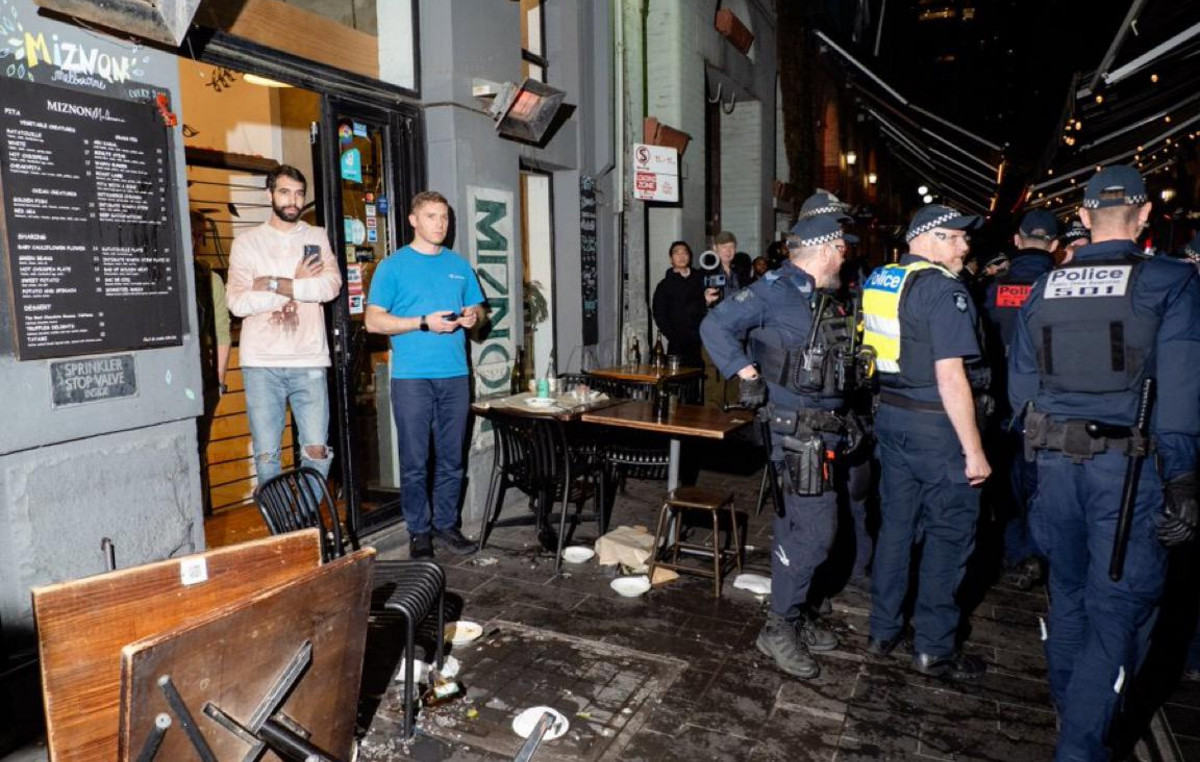Switzerland has seen a rise in cyberattacks and disinformation in the run-up to a summit this weekend aimed at creating a path to peace in Ukraine, the Swiss government said on Monday.
Ninety states and organizations have registered to take part in discussions to be held at a resort near the city of Lucerne on June 15-16, around half of them from South America, Asia, Africa and the Middle East, Switzerland said.
Russia was not invited, but the Swiss government said the talks were aimed at “jointly defining a roadmap” on how to involve both Russia and Ukraine in a future peace process.
Swiss President Viola Amherd told a news conference that cyber attacks had increased in recent weeks and was asked how her government was dealing with personal attacks against her in the Russian press that have been reported in Switzerland.
“We did not summon the ambassador,” she declared. “That’s how I preferred it, because the disinformation campaign is so extreme that you can see that little of it reflects reality.”
Swiss Foreign Minister Ignazio Cassis said there was a clear “interest” in shaking up the talks, but avoided saying who was behind the attacks when asked about Russia’s involvement.
Switzerland agreed to host the summit at the request of Ukrainian President Volodymyr Zelensky and has been trying to drum up support among countries that have better relations with Moscow.
Russia has dismissed the summit as a waste of time. The country was not invited to participate, according to Switzerland, because it signaled that it had no interest in participating. Cassis reiterated, however, that Russia must be part of the peace process.
Russia’s absence has encouraged Moscow’s powerful allies, such as China, to say there is no point in peace talks unless Russia and Ukraine participate. This has lowered expectations of any kind of major breakthrough in Switzerland.
The summit at the resort of Buergenstock is expected to discuss topics of international interest such as the need for nuclear and food security, freedom of navigation, as well as humanitarian issues such as the exchange of prisoners of war, Cassis said.
Source: CNN Brasil
Bruce Belcher is a seasoned author with over 5 years of experience in world news. He writes for online news websites and provides in-depth analysis on the world stock market. Bruce is known for his insightful perspectives and commitment to keeping the public informed.







